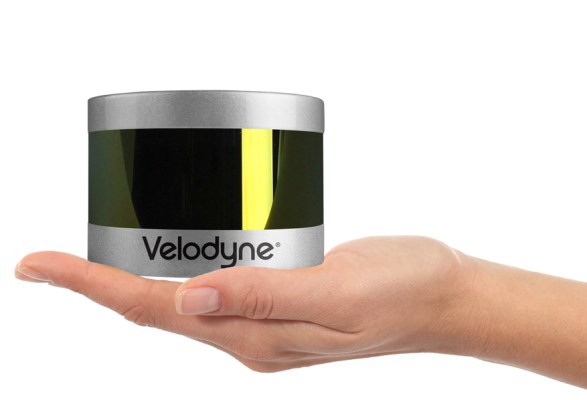Carmakers continue to look to the Valley for help paving the way for the future of cars – Ford has teamed up with Baidu to jointly invest $150 million in Velodyne, a company making LiDAR sensors in California’s technology hotspot. The money will help Velodyne quickly ramp up efforts to make its LiDAR sensors at scale while retaining and increasing quality, which will help carmakers build autonomous vehicles at scale, too.
Velodyne is no startup, though; the company has been working on LiDAR (Light, Detection and Ranging) tech since 2005, after entering the space from its original business, which was creating premium audio equipment, including subwoofers. Its transition to LiDAR proved effective, however, and it’s now one of the leaders in the market, as evidenced by Ford’s confidence with this investment.
Ford has worked with Velodyne before – in January of this year, the auto company ordered Velodyne’s driver assistance LiDAR sensor, which can support any kind of autonomy from level 1, or basic driver assistance, all the way to level 4, or full self-driving. The two companies also worked together on R&D for “much of” Ford’s history with autonomous driving tech, according to Velodyne, which spans more than a decade.
Baidu’s participation might be more unexpected, but the Chinese web search giant has its own autonomous driving unit, and is already testing a fleet of driverless vehicles in China. Baidu also has a Silicon Valley-based autonomous driving team. Ford and Baidu also teamed up as strategic partners in offering infotainment services to Chinese customers in 2013. Still, they’re looking more like competitors these days.
The race is on to achieve full self-driving autonomy, and a key ingredient in that will be affordable, scalable production of the requisite sensors. And that’s going to benefit everyone in the market, which is why the Baidu/Ford combination in this funding makes sense.
